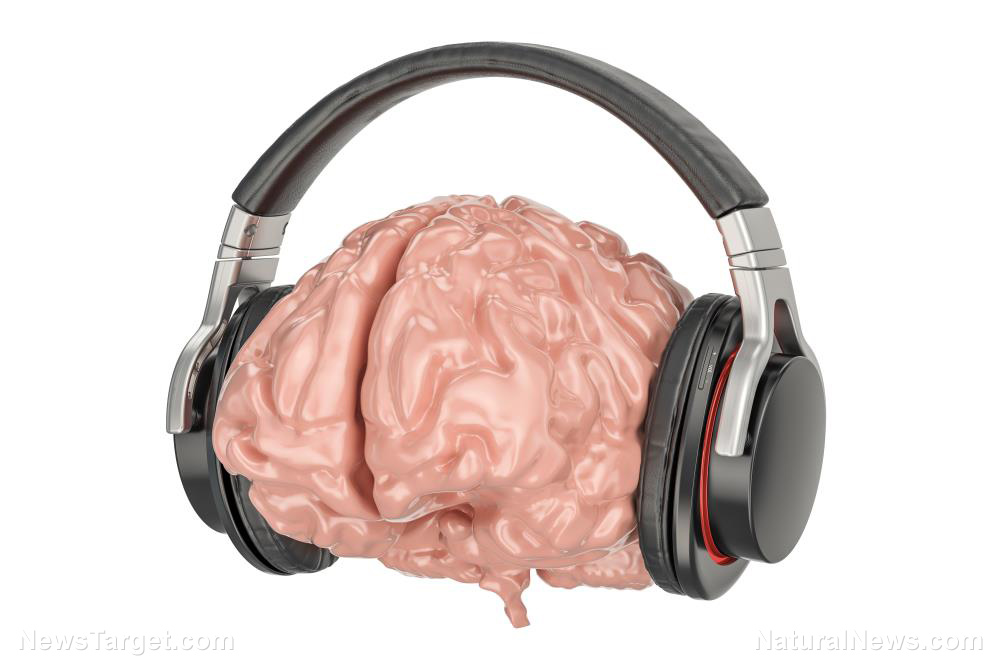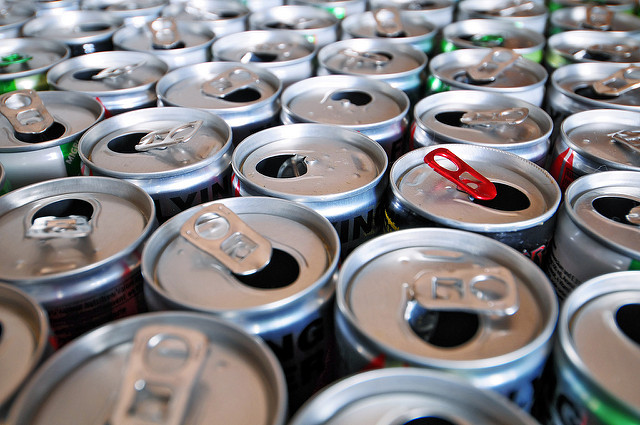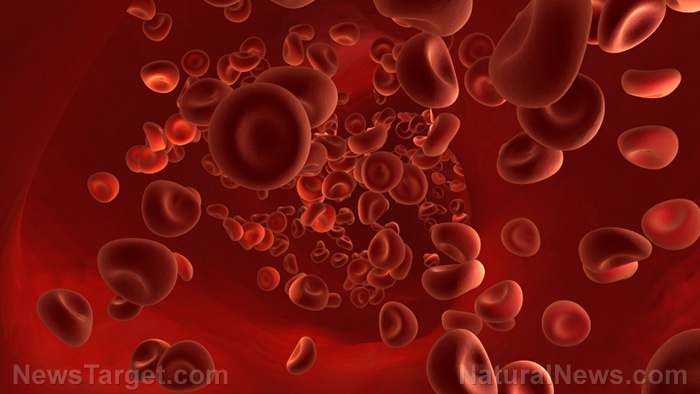Could nutritional deficiencies be the cause of your depression?
01/07/2019 / By Ellaine Castillo

Mental health problems, especially depression, are becoming increasingly prevalent. Fortunately, the numerous efforts that scientists have exerted to determine the root of these problems are starting to pay off, and people now have a clearer picture of why these diseases affect a lot of individuals. One of the factors that were observed to be a major contributor to the development of depression is a nutritional deficiency.
Nutrients play a role in many processes that occur in the body, including neurotransmitter synthesis, cellular metabolism, and immunocompetence. People have already associated nutrients with mental health. However, researchers weren’t sure if poor nutrition was a cause or effect of mental health problems. They only knew that the majority of depressed individuals suffer from nutritional deficiencies.
In a recent study involving 13,486 children and young adults, they found that an unhealthy diet increased aggression, violence, and psychiatric distress. Additionally, a separate study in 184 elderly individuals showed that poor nutrition increased the incidence of comorbid depression. These studies proved that nutrient deficiencies contribute to depressive symptoms.
Minerals are involved in the activation of the brain-derived neurotrophic factor (BDNF), which regulates neuronal plasticity as well as the maturation and differentiation of new neurons. Unfortunately, many depressed patients suffer from low levels of BDNF. Because of this, researchers came up with ways to enhance BDNF production and some of the most promising treatments they found were zinc and magnesium supplementation.
A report by Dr. James Greenblatt and his associates focused on the role of zinc and magnesium deficiencies on depression. So why are these two minerals so important? First of all, zinc is one of the most abundant minerals in the brain. It is needed in high amounts since it supports various functions, such as activating the central and peripheral nervous systems. People who suffer from zinc deficiencies often experience changes in behavior and impaired brain function. Previous studies have shown that many patients with depression have low zinc levels. Moreover, supplementation with zinc improved depressive symptoms.
Magnesium is also important for preventing depression since this mineral is involved magnesium is involved in different enzymatic, hormonal, and neurotransmitter processes just like zinc. Moreover, magnesium is involved in metabolism, regulating the transport of other minerals, and modulating stress response. Previous studies have found that magnesium improves depressive symptoms and being deficient in it can worsen mental health. Furthermore, antidepressant therapy and recovery from depression are often associated with the restoration of healthy magnesium levels.
So if you or anyone you know is suffering from depression, improvements in nutritional intake either from food or supplements might be what you need and not harmful antidepressants. (Related: Mental health issues are often the result of a nutritional deficiency; treating them with prescription drugs can further compromise your well-being.)
Foods that work against depression
The right foods will give you the nutrients you need to stay healthy. If you’re suffering from depression, here are some healthy foods that can help you feel better in no time.
- Dark leafy greens
- Walnuts
- Avocados
- Berries
- Mushrooms
- Onions
- Tomatoes
- Beans
- Seeds
- Apples
For more articles about how nutritional deficiencies affect health, visit BrainNutrients.news.
Sources include:
Tagged Under: brain health, Magnesium, magnesium deficiencies, mental, Mental illness, minerals, mood, nutrients, nutritional deficiencies, research, supplements, zinc, zinc deficiencies



















